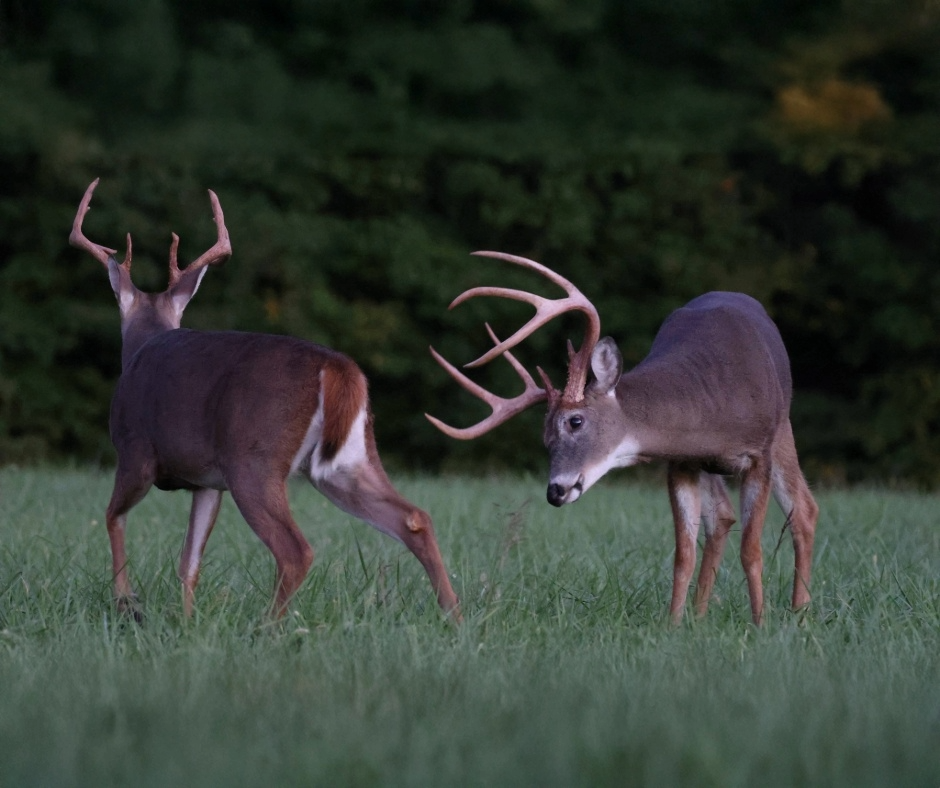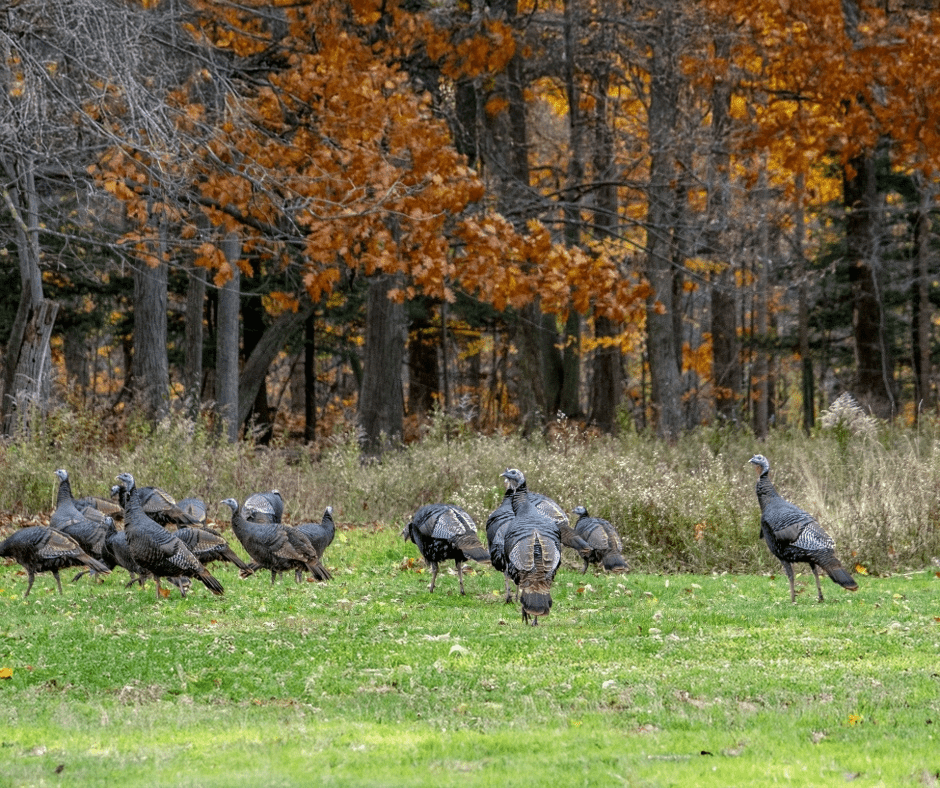The Relationship Between the Landowner and Hunter in a Hunting Lease

Audio summary
By: Josh Honeycutt
A look at the ideal relationship between a hunting land lessor and lessee.
Every hunter and landowner hopes for a positive relationship. No one wants a negative experience. Fortunately, Base Camp Leasing creates a process and environment that facilitates positivity. Thus, the relationship between the landowner and hunter in a hunting lease becomes one worth having.
Of course, while the people involved have the most control, the most successful relationships use effective communication. Here’s a look at the ideal relationship between hunting land lessor and lessee.
Ask the Right Questions
Before entering into a hunting lease agreement, it’s important to ask the right questions. Clear up misconceptions and cloudy understandings of the leasing process.
Being educated about the hunting lease experience leads to having the right expectations. As previously stated, reading the contract agreement, and asking questions, assists with this.
The Landowner: Ensure you understand the full expectations a hunter has when leasing your property. For example, under the agreement, no other hunters are allowed to access the property.
The Hunter: Hunters who’ve never leased hunting land might inquire about the process. Determine what’s expected of the hunter before leasing from a landowner.

Understand the Contract Details
The basis of the contract is to ensure everyone is protected and notified of guidelines and expectations. Furthermore, landowners and/or hunters might request additional specific contract inclusions (or exclusions). Of course, once both parties sign, they must follow these stipulations.
Before signing on the line, it’s important to understand the contract details. The Base Camp Leasing contract is easy to read and understand, but it clearly outlines expectations for landowners and hunters.
The Landowner: Landowners must understand what they’re signing on for. This is the relinquishing of hunting rights for one calendar year. Of course, there are other pertinent lines within the contract.
The Hunter: Hunters should know each line of the contract, too. Some landowners might not want food plots planted, holes dug for mineral licks, etc. If so, these shall be noted within the contract.
Communicate Effectively
Effective communication is the foundation of great relationships. This holds true for landowners and hunters, too.
The Landowner: Converse with the hunter. Ask if they have any assistance or needs to get started hunting the property. Developing a solid relationship foundation increases the chances of a long-term lessee, which is best for all parties.
The Hunter: Talk to the landowner. Inquire about their background. Ask about the history of the property. Seek common ground to build a relationship starting point.

Address Potential Concerns ASAP
Most lessors and lessees won’t encounter concerns. However, if they do, address as needed. For small things, it’s important to address these with the other party ASAP. Don’t let challenges fester. Oftentimes, unresolved issues grow into bigger problems. Of course, for more serious concerns that require legal officials, turn these over to the property authorities. Never place yourself in harm’s way or attempt to resolve a dangerous situation on your own.
The Landowner: Keep the hunter’s contact information handy. If an issue arises, contact them and politely inquire about it.
The Hunter: Keep the landowner’s contact information on you. Likewise, if something occurs that perturbs or inconveniences you, call and ask about a potential resolution.
Lend a Helping Hand
When someone is in need, do the right thing and help them with challenges at hand. Whether the landowner or lessee is the one in need, consider helping the other. Lending a helping hand for small tasks can mean a lot to someone. Showing you care goes a long way.
The Landowner: If you see the hunter working on a hunting-related task, consider helping out. Ask them if you can help with food plot planting, gear deployments, etc.
The Hunter: If on the property, and you see the landowner working on a project, ask if they can use an extra set of hands. If so, gift some of your time.
Treat Others with Kindness and Respect
Overall, treat others with kindness. Give them the respect they deserve. This is the foundation of every relationship, and even humanity itself. Landowners and hunters alike should show equal and utmost displays of kindness, respect, and other positive behavioral nouns.
Lease with Base Camp Leasing today and find your own place to connect with nature.
Frequently asked questions

Leave A Comment